So this week, I must present to you
13 (MORE!) Frequently Misused/Confused Words
Formerly means what something (or someone) *used* to be.
ex: the Artist Formerly Known as Prince.
Formally means with ceremony or with respect:
We were introduced formally at the reception.
too: also
to: from one point to another point in time or space
two: the number 2.
To infer means to take information and come to a conclusion.
To imply means to subtly give evidence to lead someone to a conclusion.
The television series The Big Bang Theory illustrated this well. Toward the end of the clip below, around 1:35, this exchange takes place:
Zack: I don't get it.
Leonard: A dolphin might.
Zack: Oh, I see. You guys are inferring that I'm stupid.
Sheldon: That's not correct. We were implying it. You then inferred it.
Exciting: a person, place or thing which stirs excitement in an individual. Exiting: the act of leaving a place; to go out from someplace or something.
"I don't know why you're exiting this exciting online conversation!"
"Dude, I gotta PEE!"
If you're talking about writing, speaking and so on, you want to use proper grammar. You always want to get an "A" (two, actually) in grammar!
Now, if you're talking about the star of the television series Frasier?
Principle is a noun, referring to a fundamental standard, law, rule or doctrine. It only means this.
Principal can be a noun with many different meanings (the principal of a school; the amount of financing; the primary person in a given role - acting or otherwise; and so on), an adjective meaning of the greatest significance or importance ("My principal objection is to the blatant sexism shown here!"), or even an adverb, "principally", meaning "for the most part".
Separate in its verb form means to part or divide, to section off. In its adjective form, it describes something cut off from other things, set apart.
Seperate means NOTHING!!! IT IS NOT A WORD!
*ahem*
Just remember: There's always "A RAT" in a "SepARATion"!
The term "milquetoast" is used to described an ineffectual and timid person, someone unlikely to raise a fuss in any circumstance. It is derived from the name of a comic strip character from the 1920s. Which character? Well, I'm going to cheat here and use Wikipedia:
"Caspar Milquetoast was a comic strip character created by H. T. Webster for his cartoon series, The Timid Soul. Webster described Caspar Milquetoast as "the man who speaks softly and gets hit with a big stick". The character's name is a deliberate misspelling of the name of a bland and fairly inoffensive food, milk toast. Milk toast, light and easy to digest, is an appropriate food for someone with a weak or "nervous" stomach.
So:
I'm sure you've heard me call myself this from time to time, most likely using the abbreviation "Expat".
An expatriate is someone who lives in a country other than the one they are born in, whether temporarily or permanently. It derives from the Latin words "ex" (out of) and "patria" (country, fatherland).
Ex-patriot doesn't exist. It's not a word.
Well, unless you're referring to a former member of the New England Patriots Football team.
Both of these terms are adverbs, derived from the word "supposed". However, there is still a lot of debate about the veracity of "supposably" (and as I write this, it keeps getting highlighted as an error).
Supposed means to assume something for the sake of argument, or to consider something to be truth. So, "supposedly" can mean an action is expected to turn out a certain way.
"Suppose we were to just take that short cut. What's the worst that could happen?"
"Supposedly, we could get lost in the woods, that's what! I'm not doing it!"
Supposably simply means that something is conceivable. And aside from the whole "i before e, except after c (or sounded as 'a' as in neighbor and weigh)" thing, "conceivable" is probably the better word to use if that is what you're trying to convey.
Breath is a noun and means the air taken in or expelled by the lungs.
Breathe is a verb, and means to take air in and then expel it from the lungs.
"He has such bad breath. I wish he wouldn't breathe on me!"
Council: A group of people gathered to regulate or advise others.
Counsel: to give advice.
"The council gave fair counsel on the subjects at hand."
"Hoard" is a noun, referring to a collection of something for future use, and as a verb, to "Hoard" is to collect obsessively.
A "Horde" is a large number of people, frequently used in reference to invading armies.
I hope this has proven helpful for some of you.
At the very least, I hope it was mildly entertaining.
Now I need to take a little break and get on with some writing.
Feel free to come back from time to time if you need a refresher, of course.
Or, you know...
Whatever.


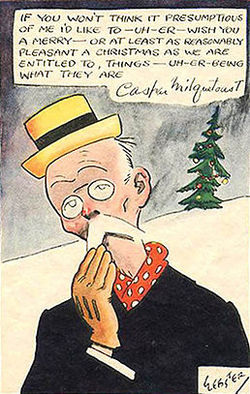

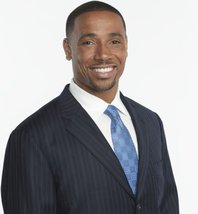

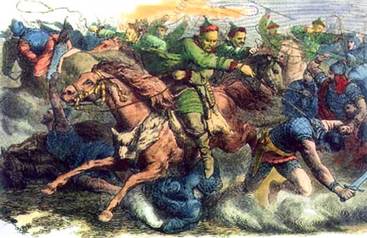

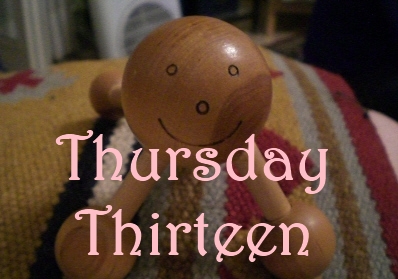
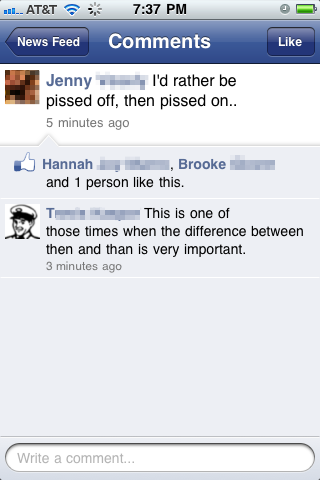
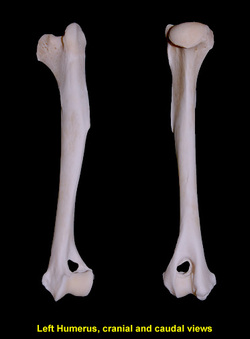




 RSS Feed
RSS Feed
